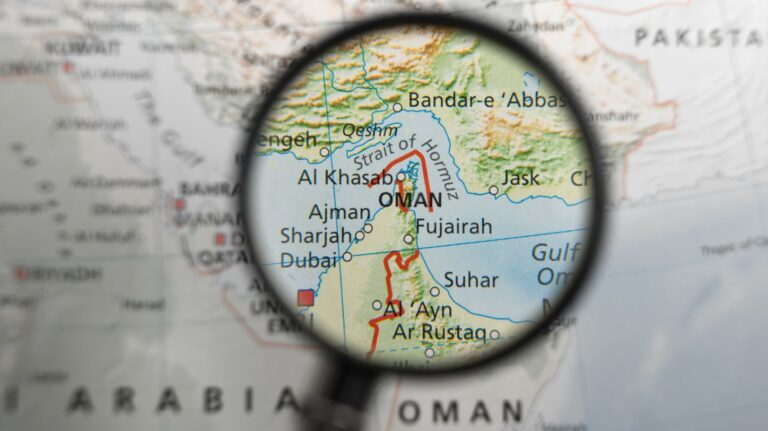With reports claiming that the government of Iran is considering closing the Strait of Hormuz, a key shipping corridor between the Persian Gulf and the Gulf of Oman, how might this impact logistics and supply chains around the world?
In response to US attacks on three nuclear facilities in Iran on 22 June 2025, Iranian state-owned semi-official news organisation Press TV announced that the Iranian parliament had voted to close the Strait of Hormuz.
In the report on 22 June, Esmaeil Kowsari, a member of the Iranian parliament’s Commission on National Security and Foreign Policy, is quoted as saying: “The [Iranian] parliament has come to the conclusion that it should close the Hormuz Strait, but the final decision lies with the Supreme National Security Council.”
The Strait of Hormuz is one of the world’s most critical maritime chokepoints; according to the US Energy Information Administration, around 20% of oil consumed in 2024 flowed through the passage.
Its strategic importance stems not only from the sheer volume of energy cargo it handles but also from the lack of viable alternative routes for Persian Gulf producers.
Any disruption would therefore pose an immediate risk to global energy markets and shipping schedules, with knock-on effects across manufacturing, transportation and distribution sectors worldwide.
A closure of the Strait of Hormuz could force shippers to reroute around Africa, adding significant transit time and cost, while also straining alternative ports and logistics infrastructure.
FREE: Subscribe to Logistics Manager’s bi-weekly MEA newsletter and bi-weekly USA newsletter!
Speaking to CBS News, US secretary of state Marco Rubio said: “If they do that, the first people that should be angry about it are the Chinese government, because a lot of their oil comes through there.”
He went on to say: “If they [block] the Strait of Hormuz, the Chinese government are going to pay a huge price, and every other country in the world is going to pay a huge price.
“We will too. It’ll have some impact on us. It’ll have a lot more impact on the rest of the world. It would be a suicidal move on their part because I think the whole world would come against them if they did that.”
A ceasefire between Iran and Israel has been verbally agreed and it remains to be seen whether a diplomatic solution to the conflict will be reached, and whether the Iranian government deems a closure of the Strait of Hormuz necessary.
Shippers around the world will likely be hoping this action isn’t taken, and may well be preparing for the potential disruption to shipping routes that any closure may lead to.







